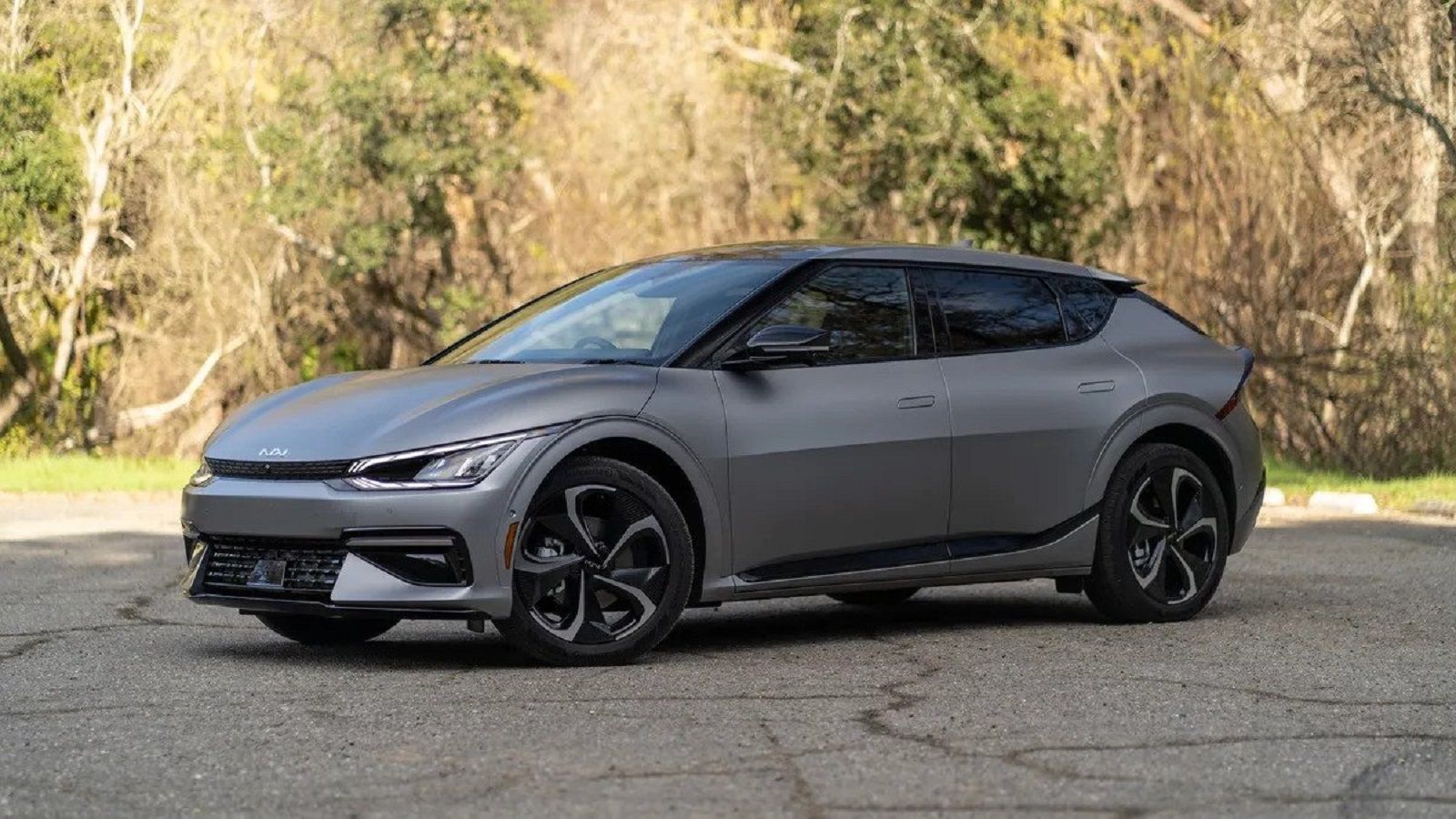Talk to a specialist

Darren Wingfield
Commercial Manager
Leave your details below and we’ll give you a call to chat about how we can help your business move forward.

Darren Wingfield
Commercial Manager
Leave your details below and we’ll give you a call to chat about how we can help your business move forward.


With rising fuel prices and a planned ban on sales and leases of all new petrol and diesel cars in 2030, more UK drivers are shifting over to low emission vehicles in the form of either full electric or hybrid models.
As an incentive to encourage electric vehicle adoption, the UK government offers a number of electric car tax benefits for employers and employees. One of the most effective ways to do this is for employers to offer employees the opportunity to own an electric vehicle through a salary sacrifice lease.
To help you get your head around this complex topic, we’re breaking down everything you need to know about electric car tax benefits for employers and employees - outlining how this can benefit your business, your employees and the planet.
Who’s eligible to offer electric cars through their business?
Sole traders, partnerships and limited companies are all eligible to purchase cars through their business to offer employee salary sacrifice lease schemes.
When it comes to reporting and taxation, there may be differences depending on whether the vehicle is used solely for business purposes, for private use only, or a mix of the two. In most cases, only the business use is tax-deductible, although company cars that have private use - including commuting to work - carry benefits in kind.
A benefit in kind (BIK) is a non-cash benefit provided to an employee that carries monetary value - in this case, the cost of an electric vehicle lease. As this salary sacrifice has actual monetary value (the cost of the vehicle lease), it’s treated as taxable income.
All benefits in kind must be reported to HMRC using a P11D form and BIK tax paid.
How do electric vehicle salary sacrifice schemes work?
Offering employees the chance to sacrifice a certain amount of their salary - the cost of the car lease - in exchange for an electric vehicle can be the most financially rewarding option for employees and employers alike.
The list price of the car is used to calculate the value of the benefit-in-kind tax payable each year by the employee.
The salary deduction is taken from the employee's gross salary before any tax deductions.
The benefits for employers
Let’s start by outlining the financial and commercial benefits employers can enjoy when they set up low-emissions company car salary sacrifice schemes for their employees.
Currently, cars with zero CO2 emissions and those with less than 50g/km CO2 emissions don’t require payment of vehicle tax (road tax) and are subject to favourable benefit-in-kind tax rates of 2%.
These low rates will remain in place until 1st April 2025 when electric vehicle road tax will come in line with standard annual road tax rates of £165. Electrical vehicles with a list price of over £40,000 will be required to pay an additional £355 premium car tax rate, increasing their annual vehicle excise duty (VED) to £520.
From 1st April 2025, the BIK rate will also increase to 3% for the 2025/2026 tax year, 4% for 2026/2027 and 5% for 2027/2028.
Despite these planned tax increases, offering employees electric vehicle opt-ins can still provide:
The benefits for employees
Employees can also reap the rewards of owning an electric vehicle through a salary sacrifice scheme. Firstly, they receive a new car that can be used for personal and business use with a number of taxable perks:
Charging points for electric vehicles
When it comes to charging points for electric vehicles, there are different options available and different benefits that come with them.
For instance, if a company decides to install vehicle charging stations on the business premises or at the home of an employee, it’s possible for the business to claim back up to 130% of the cost as part of its capital allowances and VAT on the purchase.
Another option could be for an employer to offer a prepaid charging card that can be used at local authority or public charging points. If this is for a company car, there isn’t any taxable benefit. However, if the employee owns the car, this charging allowance will be considered a taxable benefit based on the cost to the employer, which the employee would have to pay as part of their BIK tax.
Introducing salary sacrifice schemes offering electric vehicle lease or ownership to employees benefits all parties involved. But before you get too revved up, it’s essential to understand the various tax implications to ensure your scheme doesn’t hit a bump in the road.
Enlisting the help of qualified and experienced accountants is always a smart move. With knowledge on the UK tax system and the relevant financial implications, we have the right skill set to help you map out the best approach for your business - ensuring there are no nasty surprises lurking around the bend.
To get the ball rolling, get in touch with the Harlands team today and let us help you fast-track your business’s electric vehicle salary sacrifice scheme.